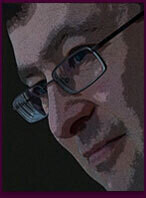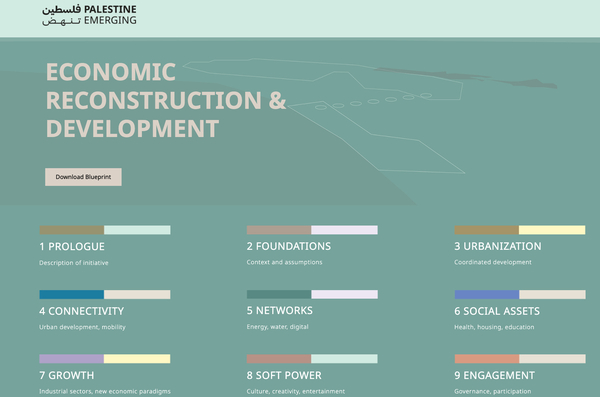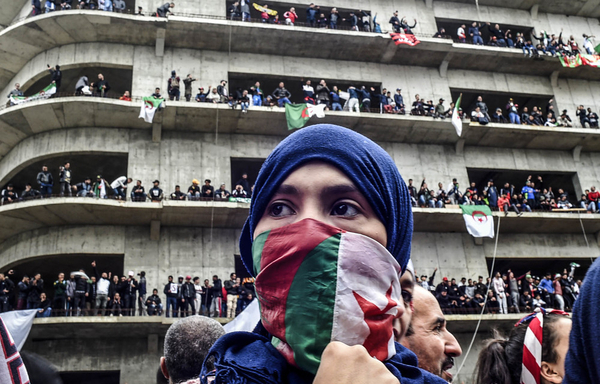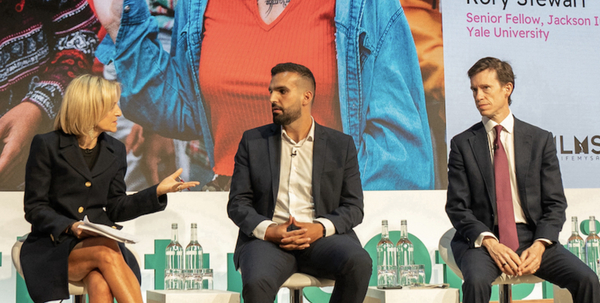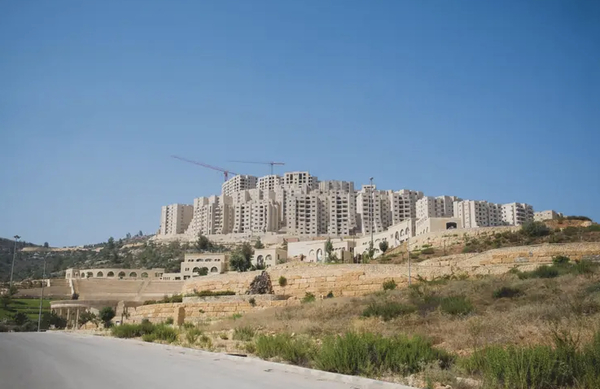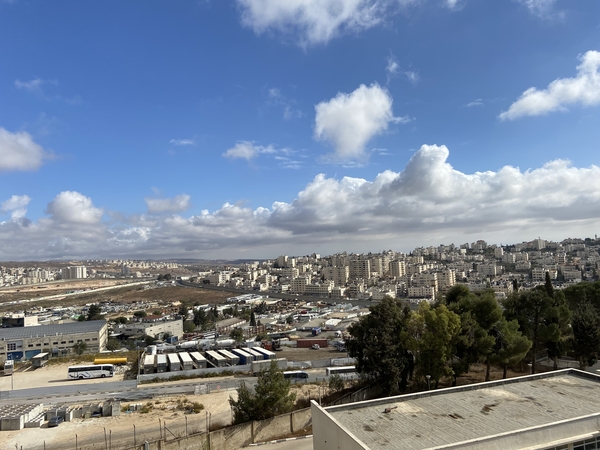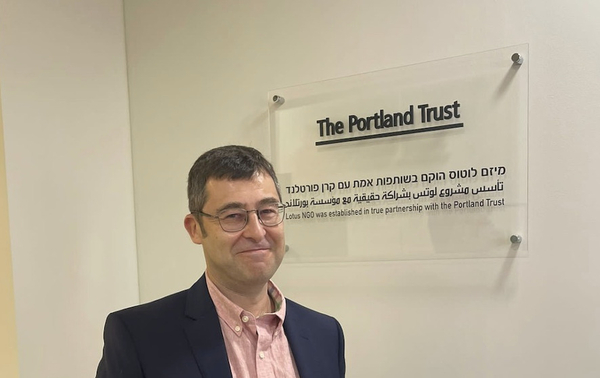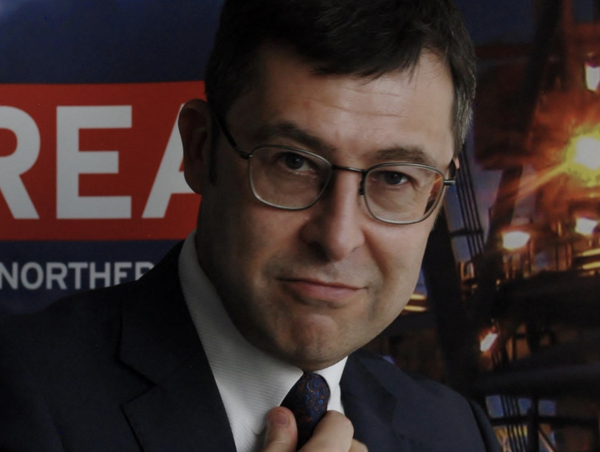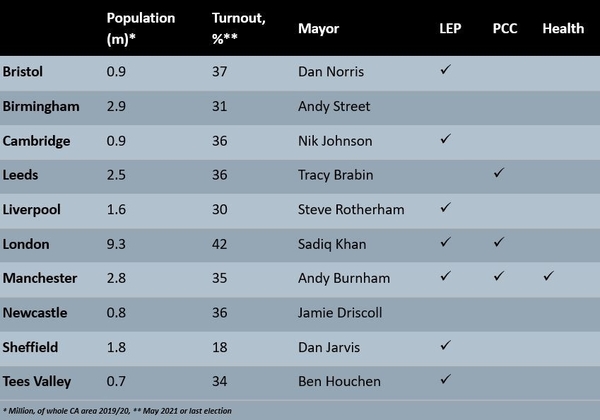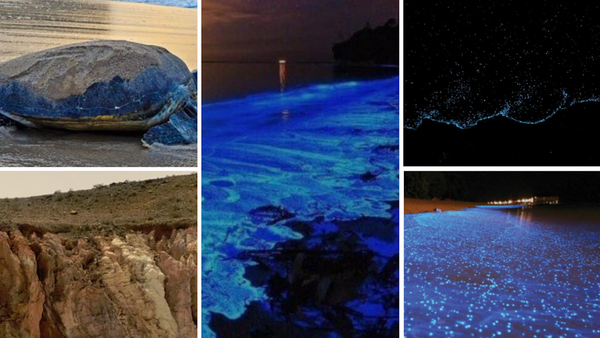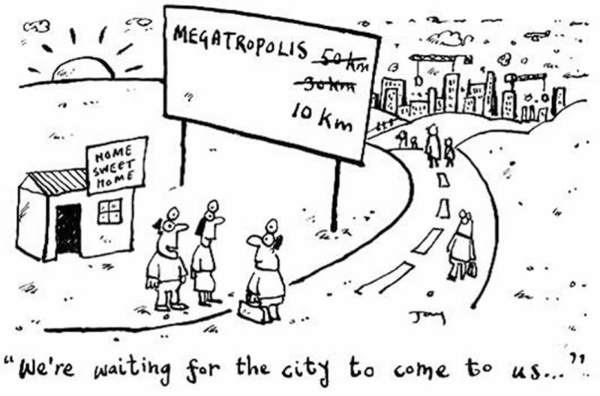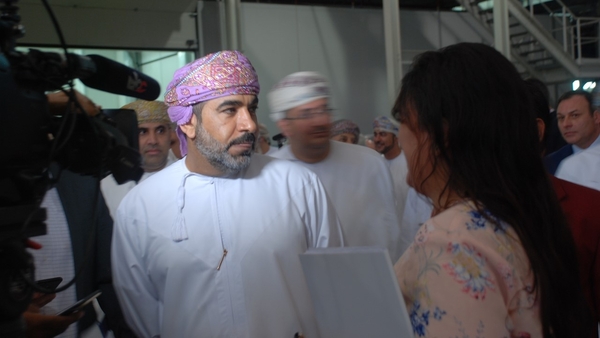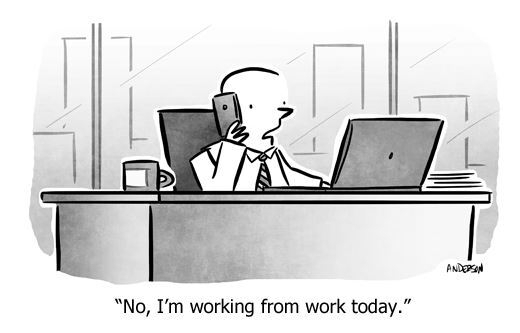Blog
28 april 2024, squinting to somehow see something better
Sunday 28th April 2024
I have been involved in the extraordinary palestine emerging effort, which came from a group of us in a room in london in december, palestinians and internationals, trying hard, amidst the continuing catastrophe and destruction in gaza, to actually create something that could help. That turned out to be a pretty robust economic blueprint of things that really need to happen if gaza and the west bank, which everyone in the room and since has agreed must be treated as singular unit, are ever going to see genuine reconstruction and a real road to prosperity. This bold vision is also for israelis and friends, because as hard as it is to process amidst the ongoing hostage and political traumas, “the…
1 march 2024, where are all the women ?
Monday 25th March 2024
Israel’s war cabinet is 5 men and no women. The security cabinet is 13 men and one woman, and its bloated cabinet 30 men and 7 women. Of the 64 coalition MKs elected, just 9 were women. The palestinian authority is even worse, with abbas (prior to the march 24 changes) turning to 22 other men and just three women on the council of ministers. A brief survey of key relevant international organisations' leaders and deeply-involved foreign ministers shows an almost clean sweep of males. This matters: such evidence as there is suggests conflicts are more likely to be resolved and remain peaceful if women are involved. un resolution 1325 in 2000 recognised this, urging increased representation at all decision-making…
5 july 2022, the future of the future of britain...
Friday 15th July 2022
Always a questionable use of time, the future of britain conference, indelibly tony blair's, was just about worth it. The soggy centre it was not. Stimulating, intelligent speakers like rory stewart, paul johnson and larry summers cast politics as real-world policy development: how to harness technology, address climate change and crafting messages with impact, alongside delivery on health, education and (kapow ! Batman-style by the one-and-only martin lewis), the cost of living. This kind of stuff does not make headlines. If there are two people on one side having a reasonable conversation, and two on the other having a fist fight, you know where people look and gather, talk and tweet about, and what makes the headlines. Peter kyle was…
30 june 2022, a gross challenge
Thursday 7th July 2022
I have rather neglected my blog, although put out a monthly take on linked-in when we publish our palestinian economic bulletin. The economic situation there is grim. This month, in the region, I focused on territorial integrity as a prerequisite for economic development. The evident lack in palestine makes strategic long-term planning all but impossible, as if 61% of an independent scotland was occupied by an english army, with a large police station at paisley on the outskirts of glasgow, controlling the roads between cities and all entries out the country, as well as drainage, water and power going in, with discretion over taxes collected at the borders, withheld whenever the english government became annoyed. If england’s GDP per head…
1 november 2021, an eye-opening visit to "the region"
Sunday 7th November 2021
Back in the uk after 3 weeks in ramallah, jerusalem, tel aviv and visiting portland projects in nablus, the galil and other areas. There’s great work being done, in very difficult circumstances, and being there does bring home how few of the economic factors that drive the economy are in palestinian’s own hands, which makes planning and delivery extremely difficult. Life goes on though, even if its poorer and very much more disturbed than it should be, opportunities lost, growth restrained, potential unrealised. This adds a layer of intense sadness to crossing what has now become a stark border separating one people from another that did not exist when I travelled in the region in my earlier life. Some of…
24 august 2021, another new chapter
Sunday 7th November 2021
WATCH THE VIDEO As you can see from the video, I have been appointed as chief executive of the portland trust, a fantastic ngo dedicated to promoting peace and stability between palestinians and israelis through economic development. A great deal of what I have done before, in economic development, finance, leadership and diplomacy, in israel and oman, does seem to have led me to this exceptional opportunity. It’s an honour and a privilege to take the wheel and work with our friends and colleagues in ramallah, tel aviv, washington, london, europe and around the world. Stable and peaceful coexistence for israelis and palestinians was a challenge of the last century. It remains a challenge today, and one close to my heart.…
3 july 2021, double oh kevin
Sunday 7th November 2021
For the many wondering what I’ve been up in the months since leaving the oman aviation group and visit oman, it’s all a bit hush, hush - but I’m still in muscat, working at the british embassy, on investment and trade - well that’s the official story anyway. Actually, the team out here are doing great work for the uk, to where we return in a few short weeks, through whatever legal/circuitous/picturesque route avoids the delights of being locked up in an airless heathrow travelodge with 15-minutes escorted daily exercise if you’re lucky... The epilogue was that we travelled through hungary, when a rather ridiculous quarantine corridor opened up for those attending the euro 2020 football matches, when we promptly…
12 may, are mayors a level up ?
Wednesday 12th May 2021
The relics of organisational structures larger than local councils but smaller than national government are a rarely visited cabinet of curiosities. The next wave is emerging. In england at least, “metro” mayors and combined authorities - let’s just call them mayors for short - are beginning to look like a distinct tier. To every part of government, the layer below is incompetent and that above remote, but mayors are shaping up well as statutory supercouncils between voluntary partnerships like the northern powerhouse and western gateway and local authorities that quickly hit borders in search of economic development levers over transport, spatial planning and business support, the powers better managed at the functional economic area level that CAs were designed to…
17 march 2021, shine on you crazy plankton
Wednesday 17th March 2021
Ras al hadd is a case study in many things. Without electricity until 2001, seeing it now feels like development, paid for by oil, has taken yet another bite out of the world’s wonderful wilderness, although the omanis no longer wandering around at night with candles may disagree. Many of the houses are rudimentary, children are in the street asking for chocolate and the local fishermen are paid an absolute pittance for the finest grade tuna that if it could get there quick enough would sell for hundreds of dollars in japan. Tourism, of course, is seen as a solution, but is and will remain a faint dream in this backwater of the coast where the gulf of oman meets…
2 march 2021, any time, any place
Tuesday 2nd March 2021
Back when we wrote the strategy on which a decade of successful policymaking in manchester was built, most chapters flowed easily: housing had people and initiatives ready to go, the environment was a dynamic growth area, transport was equally laden with long-term strategic vision and shovel-ready projects, skills bursting at the seams, governance and international as ever my party pieces, and the economic golden thread of agglomeration that bound it all together had been woven by genuinely world leading academics such as henry overman, ed glaeser and diane coyle. The runt of the litter though, was “sense of place”, where the policy waifs, strays and bright ideas that didn’t fit elsewhere washed up. This may seem odd for…
10 january 2021, oag and out
Sunday 10th January 2021
WATCH THE VIDEO So, this particular stage of my journey has now come to an end, as I leave oman aviation after a wonderful few years in muscat. I was there as the much-loved but old and dilapidated airport was transformed into the best airport in the middle east, indeed the world’s leading new airport, in a totemic sign of the radical transformation of the whole country in 50 short years. I have made many friends here, at oman airports, oman air, transom, and of course the group, so many more I have worked with at various ministries, agencies and especially the private sector, the country’s future. Aviation and tourism in oman may be down, but they are not out.…
12 december 2020, trousers optional
Friday 11th December 2020
Whilst odd at the time, now I am back in the office full-time, those many months “working from home” have a rather romantic hue. Despite the vaccine-fuelled race back to normality, those blurry backgrounds look to be a permanent feature of our work lives. Neither generational shift nor temporary blip, but inevitably something in-between, covid has bequeathed the comforts of home, if we are lucky enough to have them, as a halfway house feature of the eternal work-life balance debate. Inequalities of course will out, not only fading wallpaper, but poor wifi and loose kids are all on show, and more personal discipline is needed. Less traffic and commuting is a big plus, but video conferences rob us of the…


